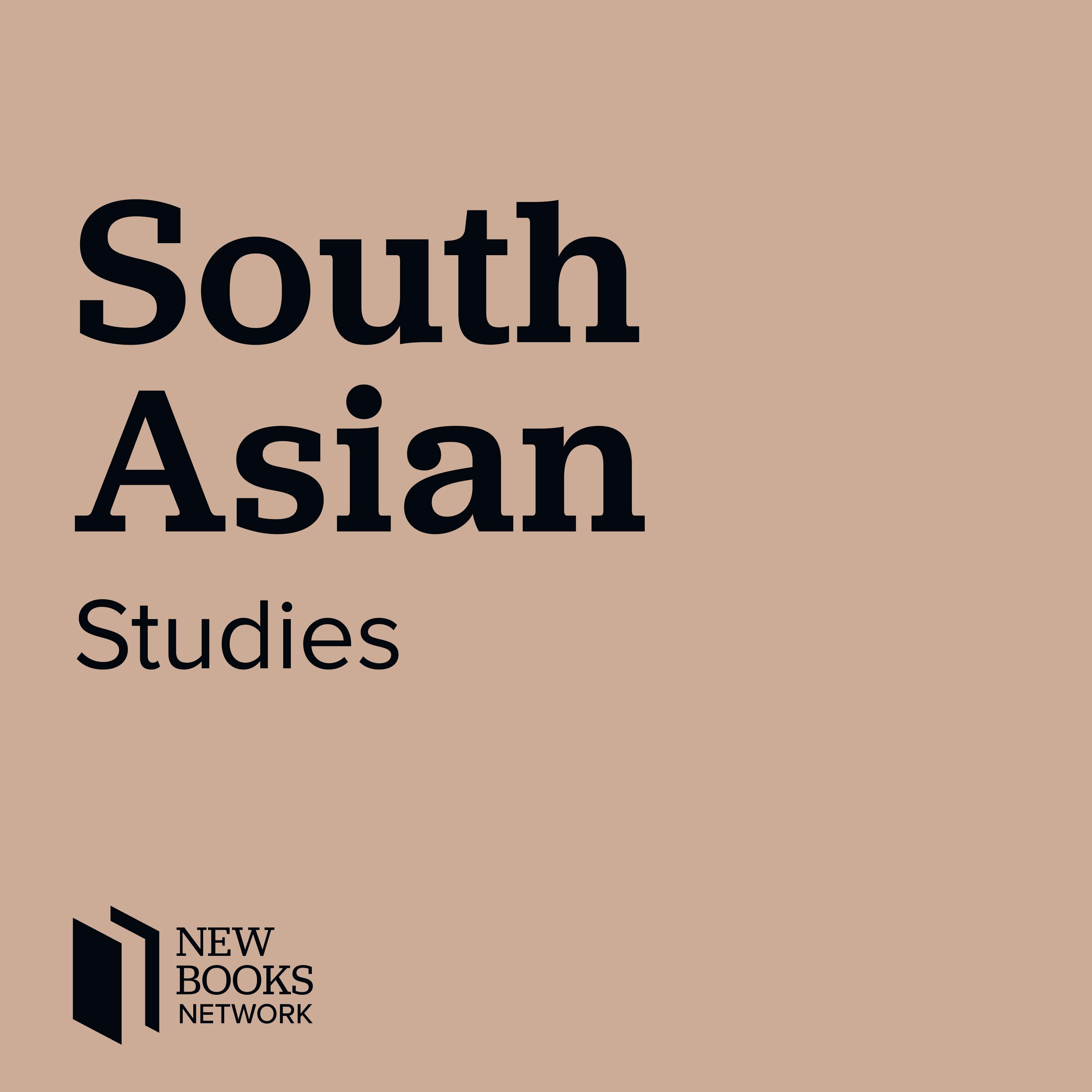William S. Waldron, "Making Sense of Mind Only: Why Yogacara Buddhism Matters" (Wisdom Publications, 2023)
Description
Through engaging, contemporary examples, Making Sense of Mind Only: Why Yogacara Buddhism Matters (Wisdom Publications, 2023) reveals the Yogacara school of Indian Buddhism as a coherent system of ideas and practices for the path to liberation, contextualizing its key texts and rendering them accessible and relevant. The Yogacara, or Yoga Practice, school is one of the two schools of Mahayana Buddhism that developed in the early centuries of the common era. Though it arose in India, Mahayana Buddhism now flourishes in China, Tibet, Korea, Vietnam, and Japan. While the other major Mahayana tradition, the Madhyamaka (Middle Way), focuses on the concept of emptiness—that all phenomena lack an intrinsic essence—the Yogacara school focuses on the cognitive processes whereby we impute such essences. Through everyday examples and analogues in cognitive science, author William Waldron makes Yogacara’s core teachings—on the three turnings of the Dharma wheel, the three natures, the storehouse consciousness, and mere perception—accessible to a broad audience. In contrast to the common characterization of Yogacara as philosophical idealism, Waldron presents Yogacara Buddhism on its own terms, as a coherent system of ideas and practices, with dependent arising its guiding principle.
The first half of Making Sense of Mind Only explores the historical context for Yogacara’s development. Waldron examines early Buddhist texts that show how our affective and cognitive processes shape the way objects and worlds appear to us, and how we erroneously grasp onto them as essentially real—perpetuating the habits that bind us to samsara. He then analyzes the early Madhyamaka critique of essences.
This context sets the stage for the book’s second half, an examination of how Yogacara texts such as the Samdhinirmocana Sutra and Asanga’s Stages of Yogic Practice (Yogacarabhumi) build upon these earlier ideas by arguing that our constructive processes also occur unconsciously. Not only do we collectively, yet mostly unknowingly, construct shared realities or cultures, our shared worlds are also mediated through the storehouse consciousness (alayavijñana) functioning as a cultural unconscious. Vasubandhu’s Twenty Verses argues that we can learn to recognize such objects and worlds as “mere perceptions” (vijñaptimatra) and thereby abandon our enchantment with the products of our own cognitive processes. Finally, Maitreya’s Distinguishing Phenomena from Their Ultimate Nature (Dharmadharmatavibhaga) elegantly lays out the Mahayana path to this transformation. In Waldron’s hands, Yogacara is no mere view but a practical system of transformation. His presentation of its key texts and ideas illuminates how religion can remain urgent and vital in our scientific and pluralistic age.
Learn more about your ad choices. Visit megaphone.fm/adchoices
Support our show by becoming a premium member! https://newbooksnetwork.supportingcast.fm/south-asian-studies
More Episodes
As developing states adopt neoliberal policies, more and more working-class women find themselves pulled into the public sphere. They are pressed into wage work by a privatizing and unstable job market. Likewise, they are pulled into public roles by gender mainstreaming policies that developing...
Published 05/03/24
Mirabai, an iconic sixteenth-century Indian poet-saint, is renowned for her unwavering love of God, her disregard for social hierarchies and gendered notions of honor and shame, and her challenge to familial, feudal, and religious authorities. Defying attempts to constrain and even kill her, she...
Published 05/02/24
The Indian state of Kerala is one of the largest blocs of migrants in the oil economies of the Arab Gulf.
Looking closely at the cultural archives produced by and on the Gulf migrants in Malayalam -- the predominant language of Kerala -- The Gulf Migrant Archives in Kerala: Reading Borders and...
Published 05/01/24


